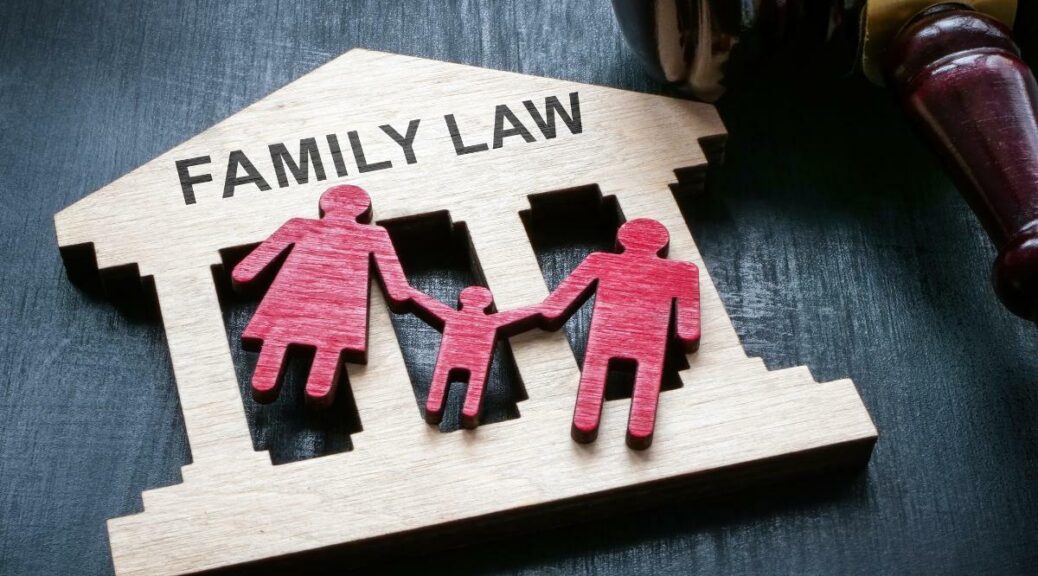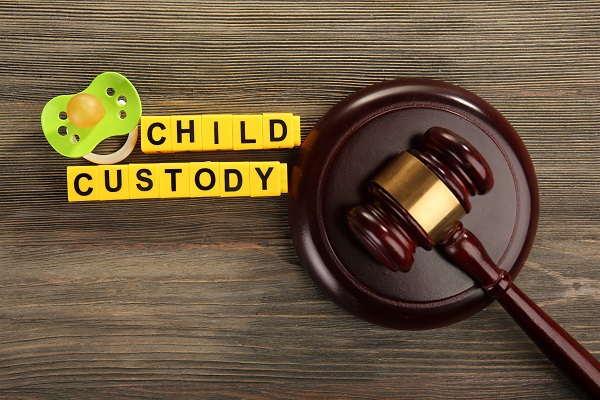In California, determining custody arrangements for children during a divorce or separation is critical to family law. Shared or joint custody is often preferred as it allows both parents to remain actively involved in their child’s life. However, understanding when shared custody is required or deemed appropriate can be complex.
California Certified Family Law Specialist Judy L. Burger explores shared custody in California, including legal definitions, factors influencing custody decisions, and the steps involved in securing a shared custody arrangement.
What Is Shared Custody?
Shared custody is an arrangement in which both parents make significant decisions regarding their children’s lives and spend substantial time with them. There are two primary components to custody: legal custody and physical custody.
- Legal Custody: This involves the right and responsibility to make decisions about the child’s upbringing, including education, healthcare, and religious instruction. Joint legal custody means that both parents share this responsibility.
- Physical Custody: This pertains to where the child lives and how time is shared between parents. Joint physical custody means that the child will spend significant time living with both parents, though the exact division of time may vary.
What Is the Legal Framework for Custody in California?
California law underscores the importance of a child’s well-being when determining custody arrangements. The primary principle guiding these decisions is the child’s best interests, as outlined in the California Family Code. Courts prioritize maintaining a stable environment that promotes the child’s emotional, physical, and psychological health.
When making custody decisions, courts examine various factors, which include but are not limited to:
- The child’s age and health: Younger children often require more stability and consistency in their living conditions.
- The parents’ ability to cooperate: Courts favor arrangements where both parents can work together for the child’s benefit.
- Each parent’s relationship with the child: Courts consider the quality of the bond between the child and each parent.
- The child’s preferences: If the child is mature enough, their custody wishes may also be considered.
- History of any family violence or substance abuse: Safety is paramount; any history of abuse can significantly affect custody decisions.
Situations Where Shared Custody Is Required
While shared custody is not automatically mandated, there are specific circumstances where it becomes a significant consideration:
- When Both Parents Agree: The most straightforward scenario for shared custody arises when both parents agree it is in the child’s best interests. Courts are likely to endorse a shared custody arrangement if both parents can work together amicably and delineate their roles.
- Best Interests of the Child: Courts will lean toward this arrangement if it can be demonstrated that shared custody serves the child’s best interests. For example, if the child benefits from having both parents actively involved in their life, shared custody may be deemed necessary.
- Equal Parental Role: If both parents have historically played equal roles in the child’s upbringing, the court may conclude that shared custody is an appropriate arrangement. This is common when both parents have been involved in parenting and decision-making for the child.
- Avoiding Custody Battles: California courts more frequently favor shared custody arrangements that minimize parental conflict. If a court determines that shared custody can help mitigate disputes and create a cooperative co-parenting environment, it may be required as part of the custody arrangement.
- Shared Parenting Plan: California Family Law encourages parents to develop a parenting plan that outlines the details of a shared custody arrangement. If parents present a well-structured and thoughtful strategy to the court, it is more likely to be accepted.
Steps to Establish Shared Custody
If parents are seeking shared custody, the following steps can help facilitate the process:
- File for Custody: One parent typically must file a custody application, petition, or response in the appropriate family court. This will outline the desired custody arrangement and reasons for shared custody.
- Attend Mediation: California family courts often require parents to attend mediation to discuss custody and visitation arrangements. Mediation can help parents communicate their needs and work toward a mutually beneficial arrangement.
- Create a Parenting Plan: Courts encourage parents to draft a parenting plan that outlines where the child will reside, parenting schedules, and how decisions will be made jointly. This plan will then be presented to the court for approval.
- Court Hearing: If parents cannot agree through mediation, the court will schedule a hearing. During this hearing, both parents can present their case, offer evidence, and advocate for their desired custody arrangement.
- Follow Court Orders: Both parents must follow the court order once the court decides on shared custody. Failure to comply can lead to legal repercussions.
Get Help with Shared Custody in California
Navigating custody arrangements in California can be challenging, but understanding the nuances of shared custody can help parents make informed decisions. By prioritizing the child’s best interests and cooperating, parents can work toward establishing a shared custody arrangement that fosters a positive environment for their child.
If you face custody issues, schedule a consultation with CA family law attorney Judy Burger to ensure your rights and your child’s needs are adequately represented.




